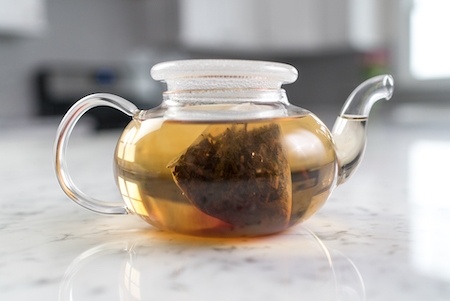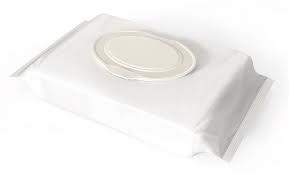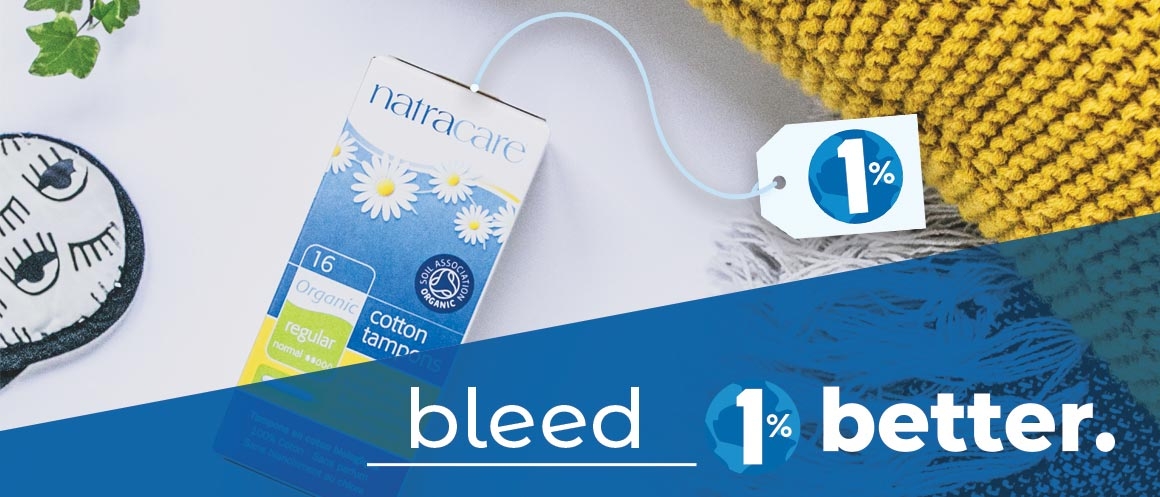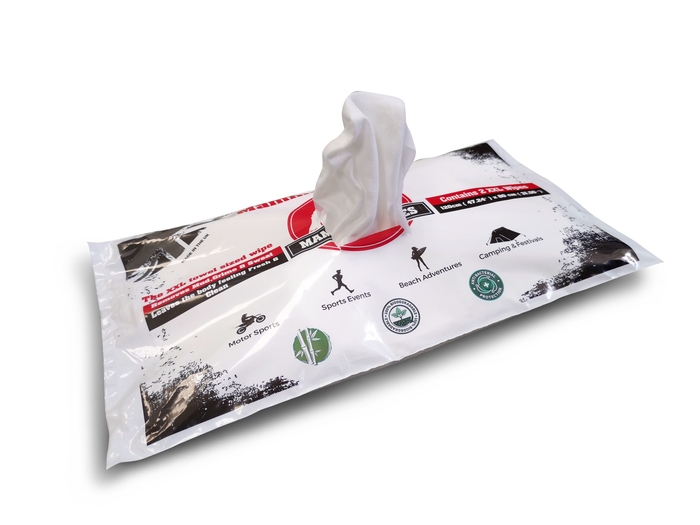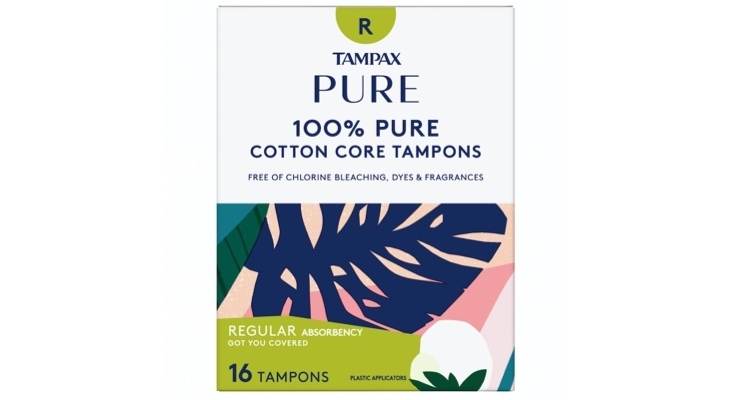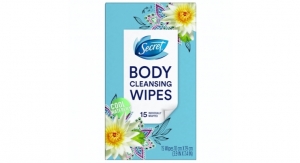Slideshows
Slideshow: Plant-based Ingredients Increasing Role in Nonwovens
Sugar cane, bamboo, cotton are being used in disposable products
08.01.19
-
P&G Posts Sales Growth
Baby, Feminine and Family Care organic sales up 5%
-
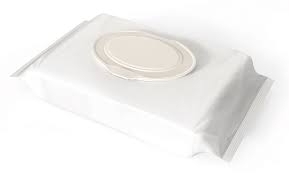
Paper-Based Wet Wipes Lid Reduces Waste
HasoCap offers a more sustainable packaging solution
-
Smithers Pira Releases Global Nonwovens Report
Global consumption expected to reach $64.8 billion by 2024
-
-
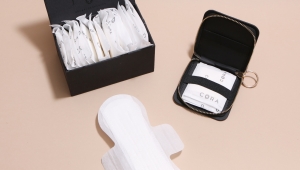
Fem Hy Goes Natural
As women start thinking about what’s in their pads, tampons and liners, manufacturers are rolling out new options




